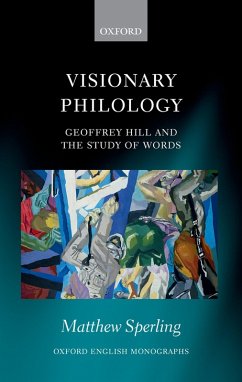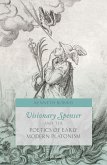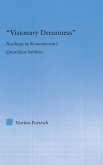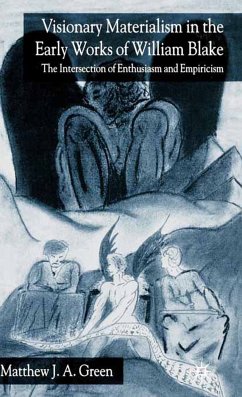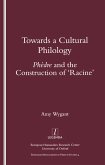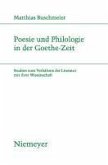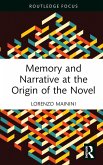Interviewed in 1966, Geoffrey Hill said, 'Language contains everything you want - history, sociology, economics: it is a kind of drama of human destiny'. This book shows how the work of one of the major post-war writers in English has been charged by a mythological sense of language's historical drama, by reading the whole body of Hill's poetry from sixty years against a tradition of visionary poet-philologists that he himself has delineated. That line runs from the present-day editors of the Oxford English Dictionary, through Gerard Manley Hopkins and Richard Chenevix Trench in the Victorian era, to Samuel Taylor Coleridge in the early nineteenth century, and ultimately back to Saint Augustine's theory of language. Through detailed close readings of Hill's work and its scholarly inspirations, and extensive fresh archival research, new light is shed upon poetry's relation to lexicography, etymology, and theological understandings of language. Key themes include language's fallenness from prelapsarian origins, its infection and enrichment by original sin and error, the possible recovery of its pristine origins through surrogates such as music, Hebrew, or the language of angels, and its status as an arena of political and historical contestation. The book considers a wider range of Hill's writings, in greater detail, than criticism of his work has so far done, and it is the first to make substantial use of recently available archive materials. It thereby presents one of the fullest and most authoritative accounts of the work of a living writer in recent years.
Dieser Download kann aus rechtlichen Gründen nur mit Rechnungsadresse in A, B, BG, CY, CZ, D, DK, EW, E, FIN, F, GR, HR, H, IRL, I, LT, L, LR, M, NL, PL, P, R, S, SLO, SK ausgeliefert werden.

